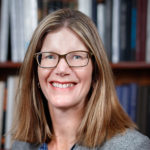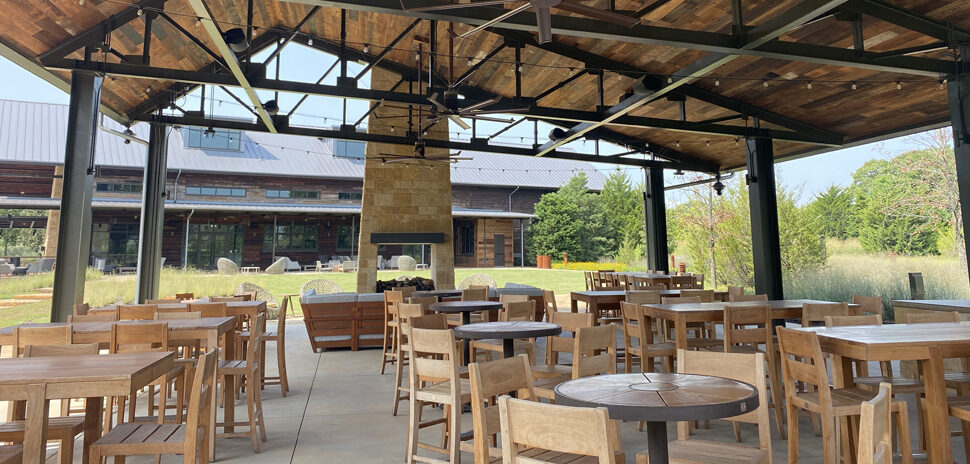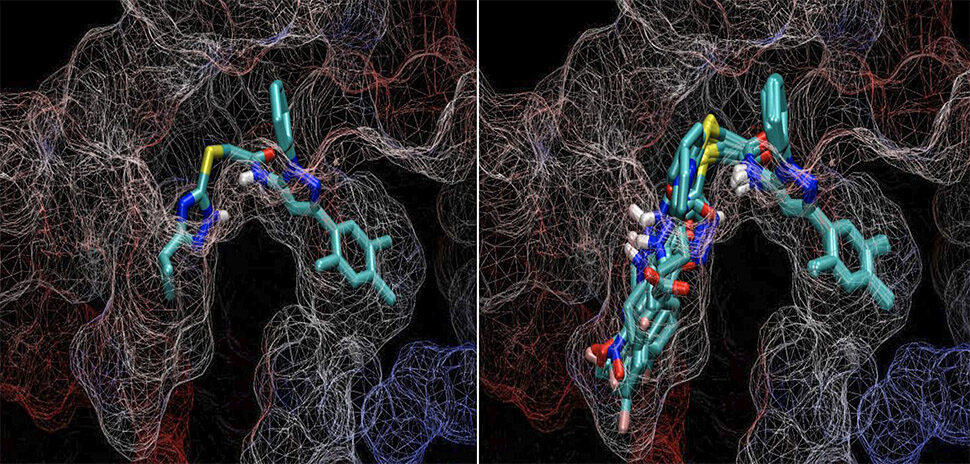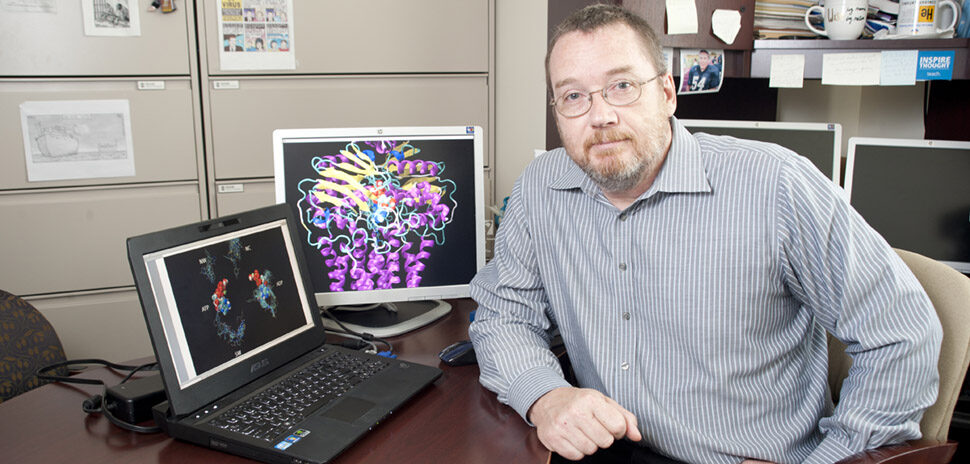![]() Every week, we do a little research of our own. We’re looking for scientists, professors, engineers, entrepreneurs—anybody, really—engaging in research and development across North Texas.
Every week, we do a little research of our own. We’re looking for scientists, professors, engineers, entrepreneurs—anybody, really—engaging in research and development across North Texas.
There’s plenty of good work being done. If you want to put R&D under your microscope, sign up for our e-newsletter.
UT Southwestern team seeks vaccine to prevent Alzheimer’s

Joachim Herz
Researchers at UT Southwestern Medical Center have successfully neutralized a genetic risk factor that may be the main factor in late-onset Alzheimer’s disease, and in the process, they’ve made a drug that could potentially prevent the disease in 50 to 80 percent of at-risk adults.
Here’s the lowdown on their work.
Apolipoprotein E (ApoE) is a protein that transports fatty substances called lipids and cholesterol around the brain and is important in repair mechanisms. There are three major forms of ApoE (i.e., ApoE2, ApoE3, and ApoE4), but UTSW said that people who carry ApoE4 are up to 10 times more likely to develop Alzheimer’s disease than those with the ApoE2 and ApoE3 forms. ApoE4 boosts the accumulation of the b-amyloid protein that causes the plaques characteristically seen in the brains of people with Alzheimer’s disease.
According to UTSW, the drug would be administered in patients before they turned 40. Typically, late-onset Alzheimer’s is diagnosed about age 65. It is the most common cause of dementia in the elderly.
UT Southwestern molecular biologist and Alzheimer’s expert Joachim Herz—the lead author of the study—said the team’s goal is to prevent the disease from ever manifesting.
“If we can negate the ApoE4 process early, we may be able to prevent late-onset Alzheimer’s altogether for many people so that they will never get sick,” Herz said.
UTA professor to study migration from pipeline leaks with $414K grant
Dallas-Fort Worth and the state of Texas are at the center of the natural gas and petroleum industries, and many of the companies in those sector transport their products via pipelines that criss-cross the country. Sometimes, they leak.

Kathleen Smits
Kathleen Smits, an associate professor in the Civil Engineering Department at UT Arlington, has received a $414,000 grant from the Pipeline and Hazardous Materials Safety Administration to develop a way to predict conditions under which natural gas migration from pipelines may occur. Her research will also follow the best ways to improve the response to migration incidents, as well finding and repairing leaks.
Smits will lead a team of researchers at Colorado State and UT Arlington in collaboration with state agencies such as the Texas Railroad Commission, the Colorado Oil and Gas Conservation Commission, and industry partners.
Gas migration is when a leak occurs underground and the gas travels in various directions before rising to the surface—but, it’s not always close to where the leak occurred, and is often not detectable with current technology.
“The methods being used today to detect natural gas leaks from pipelines are flawed because most of the technologies are not sensitive enough, the methods aren’t consistent enough, and there’s a general denial that there’s a problem,” Smits said. “We’re hoping that by providing data-based guidelines for industry first responders that allow them to take all of the environmental and geological factors into account at a potential leak site, leaks will be detected and repaired before they become a larger problem.”
SMU physicist elected Fellow of American Association for the Advancement of Science
Congratulations go out to SMU physicist Jodi Cooley, who has been named a Fellow of the American Association for the Advancement of Science.

Jodi Cooley
Cooley is an associate professor of experimental particle physics in SMU’s Dedman College of Humanities and Sciences.
SMU said that being elected as an AAAS Fellow is an honor that peers bestow on members for scientifically or socially distinguished efforts to advanced science or it applications.
She will be one of 416 fellows to be honored Feb. 16 at the 2019 AAAS annual meeting in Washington, D.C. Find out more about Cooley and her work here.
READ NEXT
R&D: UTD Seeks Answers to Migraine Questions, UTA Gets Grant to Study Area’s Water Resources
![]()





























